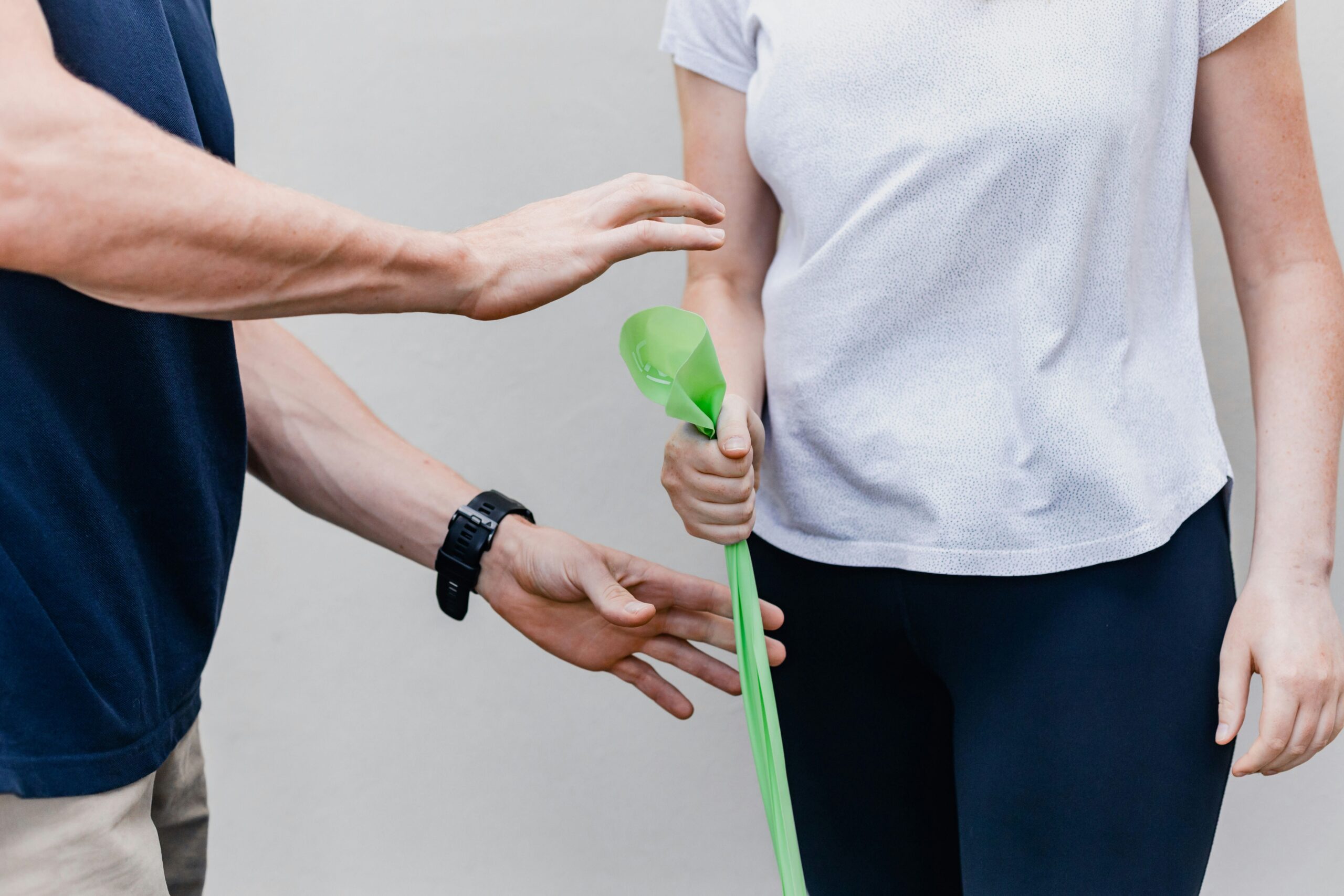Neck Pain During Pregnancy: What Its, Who Gets it, and Why it Happens
How Long Does TMJ dysfunction Last? Understanding Duration & Recovery
Temporomandibular joint (TMJ) dysfunction can be frustrating, painful, and even life-altering when left untreated.
Whether you're newly diagnosed or have dealt with jaw pain for months, one of the most common questions people ask is: How long does TMJ dysfunction last?
At Millwoods Physical Therapy Centre, we recognize how this uncertainty can affect your daily life, from eating and sleeping to talking and working.
The good news is TMJ dysfunction is treatable, and with the right support, many people experience significant relief.
Let’s walk through the typical timeline of TMJ dysfunction, what affects its duration, and when to seek care.
What Is TMJ dysfunction and Why Does It Happen?
The temporomandibular joint connects your jawbone to your skull and acts like a sliding hinge. Dysfunction in this joint or surrounding muscles can lead to pain, stiffness, or clicking sounds.
Common Causes of TMJ Dysfunction Include:
- Bruxism (teeth grinding or clenching)
- Jaw injury
- Arthritis or joint wear
- Poor posture (especially involving the neck and shoulders)
- Stress (which impacts jaw tension)
Symptoms may include:
- Jaw pain or tenderness
- Clicking or popping sounds when opening or closing the mouth
- Difficulty chewing
- Earaches or headaches
- Locking of the jaw
The cause and severity play a big role in how long the condition may last.
Is TMJ Dysfunction Temporary or Chronic?
Acute TMJ Dysfunction
For many people, TMJ symptoms are short-term and triggered by stress, minor injury, or temporary jaw overuse (like prolonged chewing). With simple self-care strategies and rest, this type of TMJ dysfunction can resolve within a few days to weeks.
Chronic TMJ Dysfunction
If symptoms persist beyond three months, it may be considered chronic. Chronic TMJ dysfunction can require more structured treatment to manage pain, restore movement, and reduce flare-ups. This form is more likely if there’s a history of teeth grinding, joint degeneration, or a trauma-related injury.
What Affects How Long TMJ Dysfunction Lasts?
The duration of TMJ dysfunction isn’t one-size-fits-all. Several factors can influence how quickly a person recovers.
Cause of Dysfunction
- TMJ from muscle tension or short-term habits can resolve quickly.
- Structural or degenerative joint issues often take longer to treat.
Early Intervention
- Starting treatment early can prevent minor TMJ symptoms from becoming chronic.
Stress and Lifestyle Habits
- Chronic stress or teeth grinding can delay healing if they're not addressed.
Personalized Care
- A hands-on, tailored approach to care makes a difference, especially in chronic or severe cases.
How Treatment Can Shorten TMJ Dysfunction Duration
At Millwoods Physical Therapy Centre, we’ve worked with many Edmontonians to reduce TMJ pain and improve movement through targeted therapy.
TMJ Dysfunction is highly treatable, especially with strategies that address both the symptoms and the root causes.
Physiotherapy Techniques We May Use:
- Joint mobilization and soft tissue release around the jaw and neck
- Posture correction exercises
- Relaxation and muscle retraining exercises
Other Supportive Treatment Options Include:
- Home care (ice, heat, gentle jaw stretches)
- Mouthguards or splints (for nighttime teeth grinding)
- Medications (by physician referral if needed)
Recovery timelines vary, but with consistent care, many people see relief within 4-8 weeks, even for cases that have lingered longer.
When to Seek Help for TMJ Dysfunction
Not sure if your TMJ symptoms need treatment? Here are some signs it's time to act.
Reach Out If You Experience:
- Jaw pain that lasts more than 2-3 weeks
- Difficulty eating, speaking, or opening your mouth
- Recurring headaches or facial discomfort
- Clicking or popping that worsens over time
Simply waiting it out can delay recovery. Our clinic, conveniently located on 23rd Ave NW, offers direct billing and evening appointments so you don’t have to fit TMJ pain into a busy schedule.
Tips to Prevent TMJ Dysfunction from Returning
Managing TMJ doesn’t end with symptom relief. Flare-ups may return if contributing habits aren't addressed.
Here’s How to Reduce the Risk of Recurrence:
- Maintain good posture, especially during desk work
- Avoid chewing gum or eating tough, chewy foods
- Use warm compresses during stressful periods
- Practice relaxation techniques to reduce jaw tension
- Continue jaw mobility and strength exercises from your physiotherapy sessions
Consistency is key. Ongoing care and being mindful of triggers can help keep TMJ in check long-term.
Take the First Step Toward TMJ Dysfunction Relief
Our team at Millwoods Physical Therapy Centre offers practical, one-on-one care designed just for you. With early treatment, hands-on techniques, and trusted guidance, you can move past TMJ discomfort and get back to living fully.









